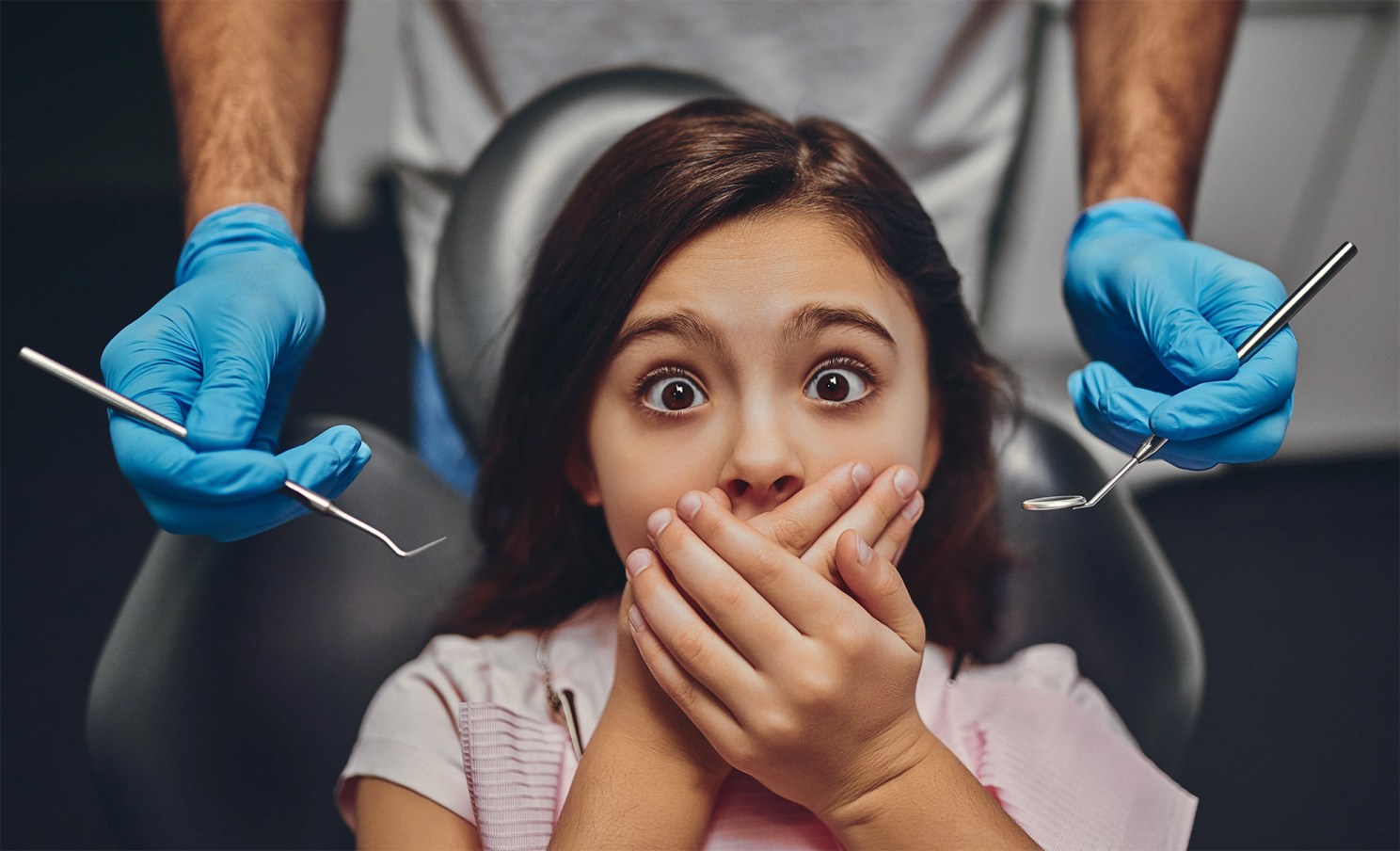For some, the mere thought of sitting in a dental chair can send shivers down their spine and set their heart racing. In fact, nearly 40 percent of the population admits to having anxiety or fear of the dentist, which can have serious consequences for an individual’s oral health. We asked Isabelle Chase, a leading expert in the field of pediatric dentistry, where this fear can stem from and how patients and dental providers can address it. Chase serves as director of the pediatric dentistry postdoctoral program at Boston Children’s Hospital and assistant professor of Developmental Biology at the Harvard School of Dental Medicine (HSDM).
Where does fear of the dentist come from?
This is a good question, and I am not sure we have all the answers. For some, the report of a previous negative dental experience is the main driver of this fear or anxiety. For others, it is at the other end of the spectrum, is more complex, and may be a true dental phobia. In some of our patients with special needs, it could be related to sensory aversions, to sounds, smells, or tastes, all of which we know may be heightened in the dental chair.
Can it stem from one bad experience at an early age?
Yes! Approximately 50 percent of adults with dental fear and anxiety, report developing their fear in childhood. Unfortunately, there is a significant relationship between child and parental dental fear. Nearly 50 percent of patients with a childhood onset of dental anxiety report they had a parent or sibling with dental anxiety.
How can/do providers address it?
The literature suggests that there is a significant relationship between invasive treatment experiences (e.g., number of dental extractions) as well as the number of decayed, missing, and filled teeth and the development of dental fear and anxiety in children. Thus, prevention of dental caries is one easy way to reduce the development of fear and anxiety in children. The number of positive experiences and non-invasive visits is linked to less dental fear, thus establishing routine, less invasive preventive visits early, and by a child’s first birthday may help reduce the risk of developing dental fear.
What can those who are fearful of going to the dentist do to prepare themselves for their next visit?
Some ideas that may help include contacting the dental office to ask if there are any options to help address your fear, and visiting the office to ensure you are comfortable with the dentist and staff; wearing noise-reduction headphones while listening to music or other relaxation techniques such as meditation, deep breathing, or weighted blankets may also help. Be sure to discuss your fears with your medical or dental provider prior to your visit.
Speak up, find a dentist who is willing to listen to your concerns, take care of your teeth by brushing two times a day and flossing daily to avoid problems, and keep your routine preventive dental visits.





